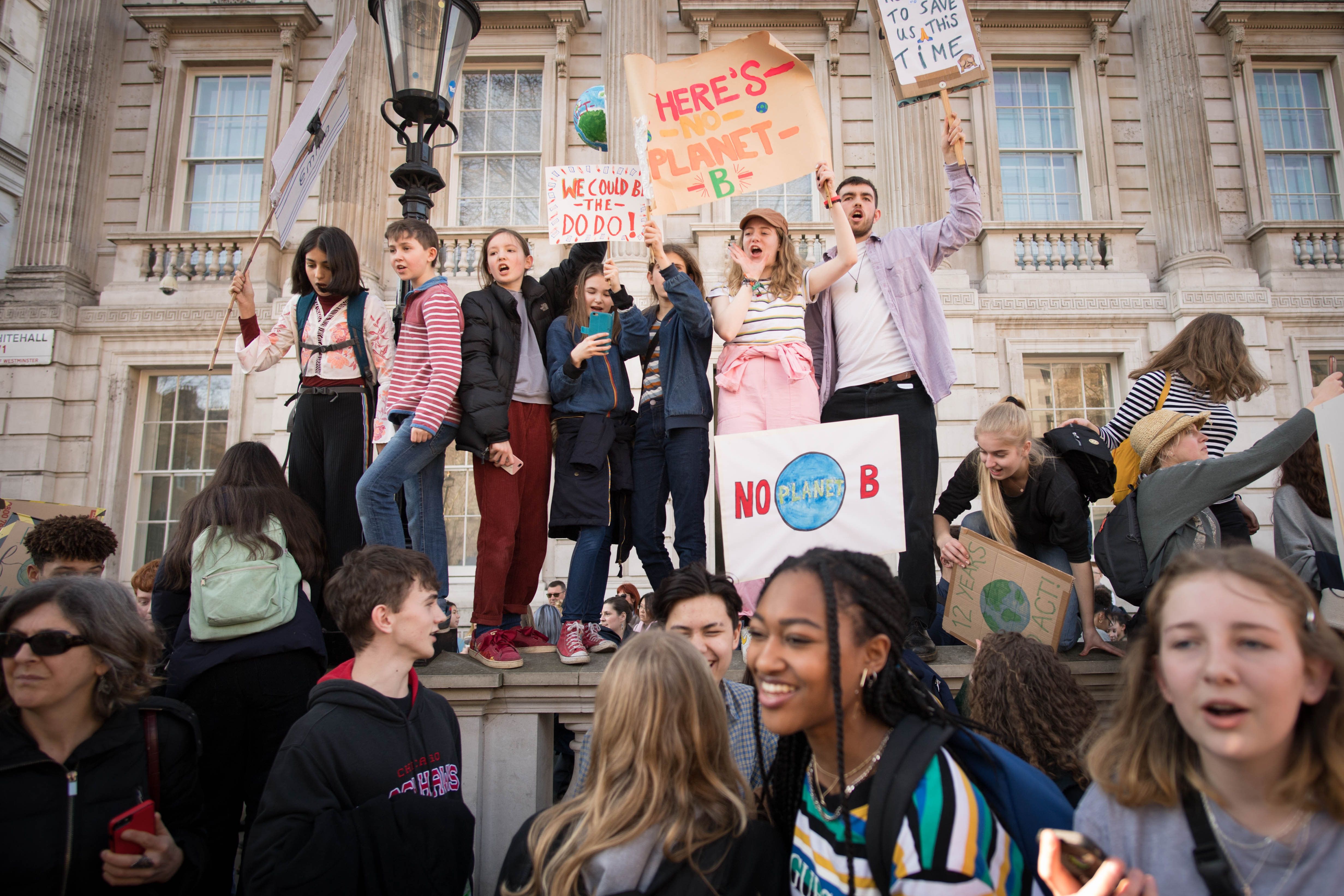Hard Numbers: London’s languages, US cities' economic boom, Asia’s concrete jungles, Addis Ababa's bike love
300: London — a city where a large chunk of the population is foreign born — is home to the world's most internationally diverse student body. More than 300 languages are spoken by London's school students, many of whose families immigrated from South Asia, Africa and Europe.
70: In the decade following the 2008 global financial crisis (which left more than 11 million Americans unemployed within months), America's largest cities — including San Francisco, Boston, and New York — accounted for over 70 percentof the country's job growth. By contrast, unemployment is still at pre-2008 levels in many American rural areas and small towns.
39: Public green spaces like parks and nature reserves, which many city dwellers have flocked to in COVID-19 times, are a luxury in most of Asia's crowded urban centers. In the region's 22 major cities, average green space per capita is only 39 square meters (420 square feet), about half of the figure in Africa and more six times smaller than the per capita average in Latin America.
800: Many big city governments struggle with traffic congestion, but in developing economies the problem is often exacerbated by poor infrastructure. The answer isn't always to build more roads: Addis Ababa has an ambitious plan to build 800 kilometers (490 miles) of bike and pedestrian lanes by the end of the decade.
